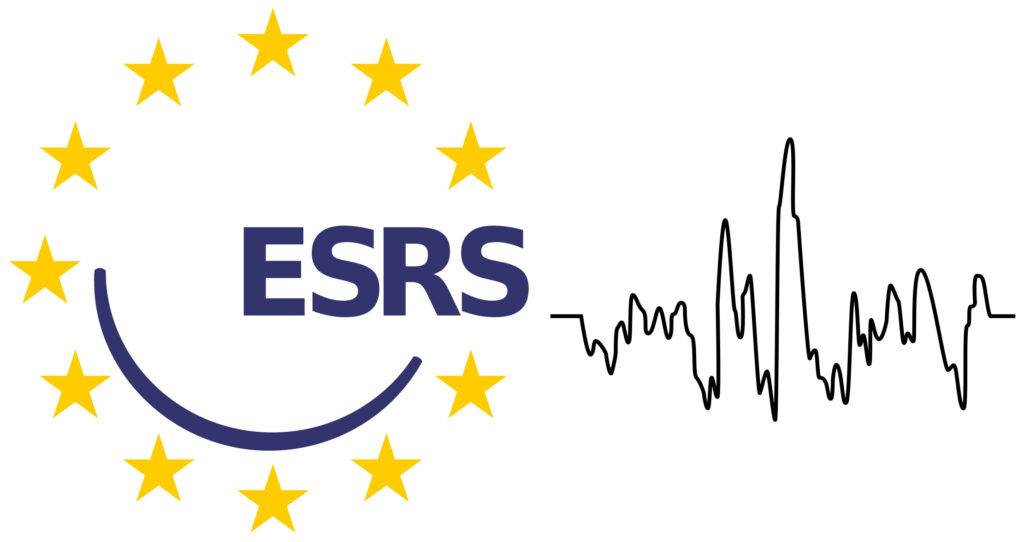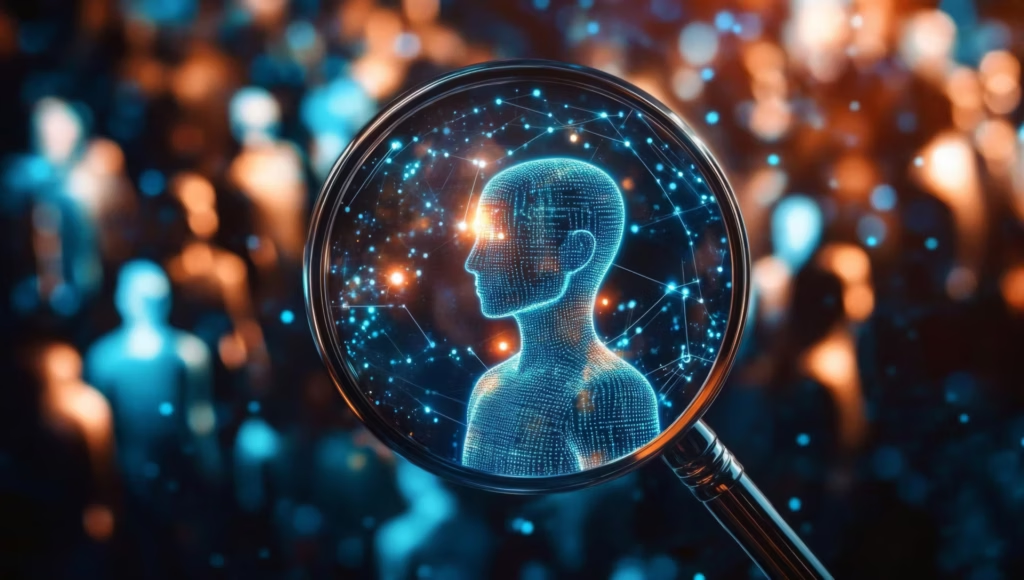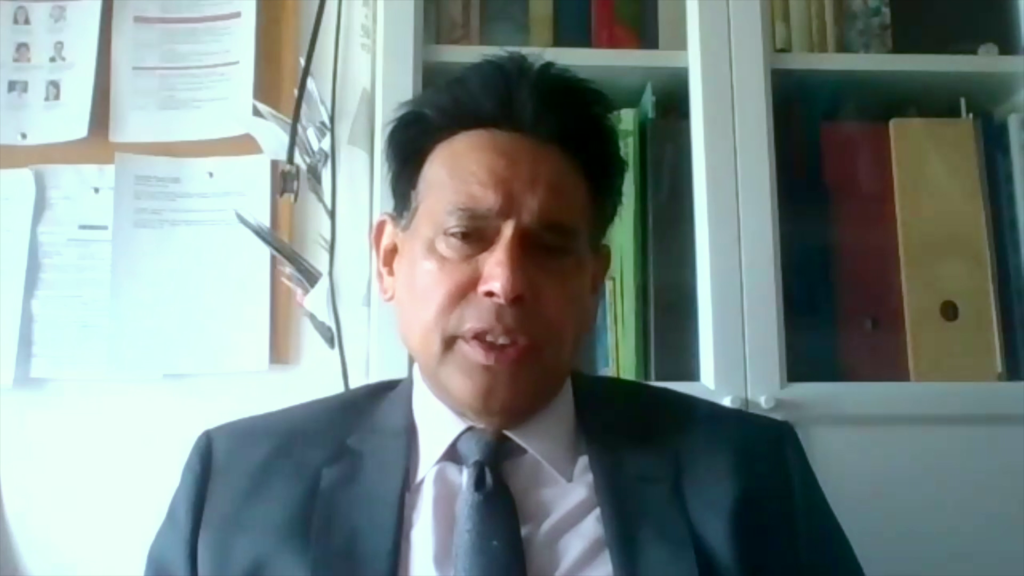Sleep Disorders
An Introduction to Sleep Disorders
Sleep is essential to human health, but its function, physiology, and pathophysiology have been poorly understood until relatively recently. As well as having negative consequences in social and working life, sleep disturbances and disorders have been associated with neurocognitive disorders, hypertension, dyslipidaemia, cardiovascular disease, weight-related issues, metabolic syndrome, type 2 diabetes, depression and stroke. More than 80 sleep disorders have been identified, some of which very common, including insomnia and obstructive sleep apnoea. Sleep abnormalities are also a common consequence of neurological disorders such as Alzheimer’s disease and Parkinson’s disease. Behavioural treatments have been successful in treating sleeping disorders, while pharmacotherapy is useful for acute insomnia, some parasomnias, narcolepsy and idiopathic hypersomnia.
Our supporting partners do not constitute an endorsement of the content on this page.
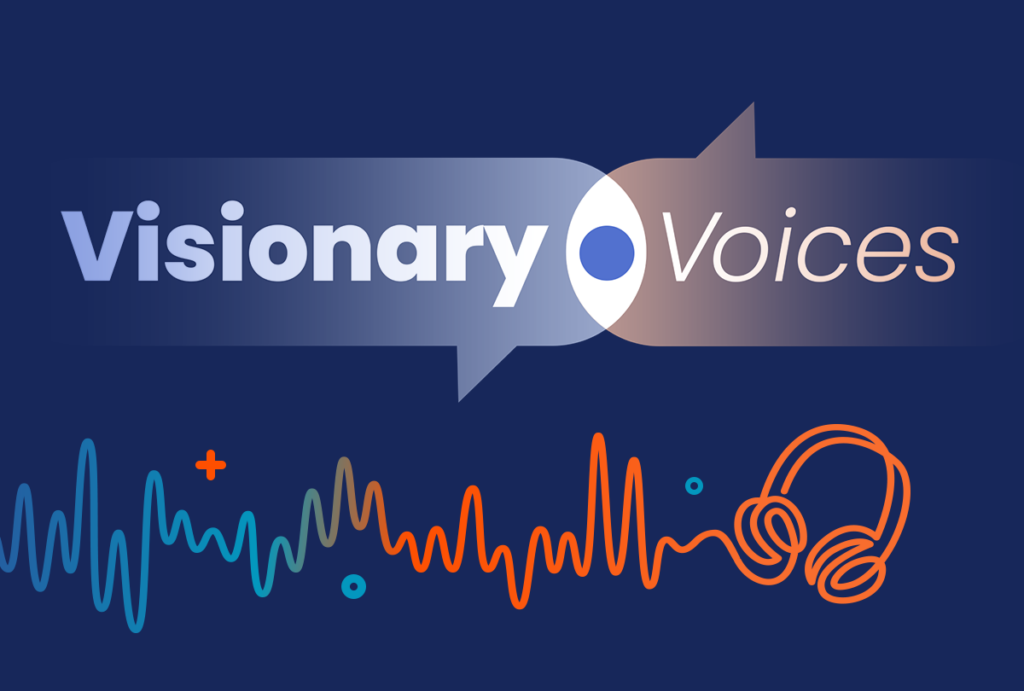
Physician burnout is at a critical point. In this episode, Nicky speaks with Dr Alfred Atanda about why so many physicians are burning out and what can be done to change the trend. From personal experience to system-wide solutions, Dr Atanda shares valuable insights on improving physician well-being and building a more effective healthcare culture.

In this episode, we explore the future of continuing medical education (CME) with the team behind touchIME. Hannah Fisher and Matthew Goodwin share insights into global and US trends, the importance of patient inclusivity and how educational outcomes are evolving to better measure the direct impact of learning on clinical practice and patient care.

In this episode, we’re joined by Bradley Love, Professor of Cognitive and Decision Sciences at UCL, ELLIS fellow, and creator of BrainGPT. We discuss how this large language model is poised to assist researchers in advancing their work.
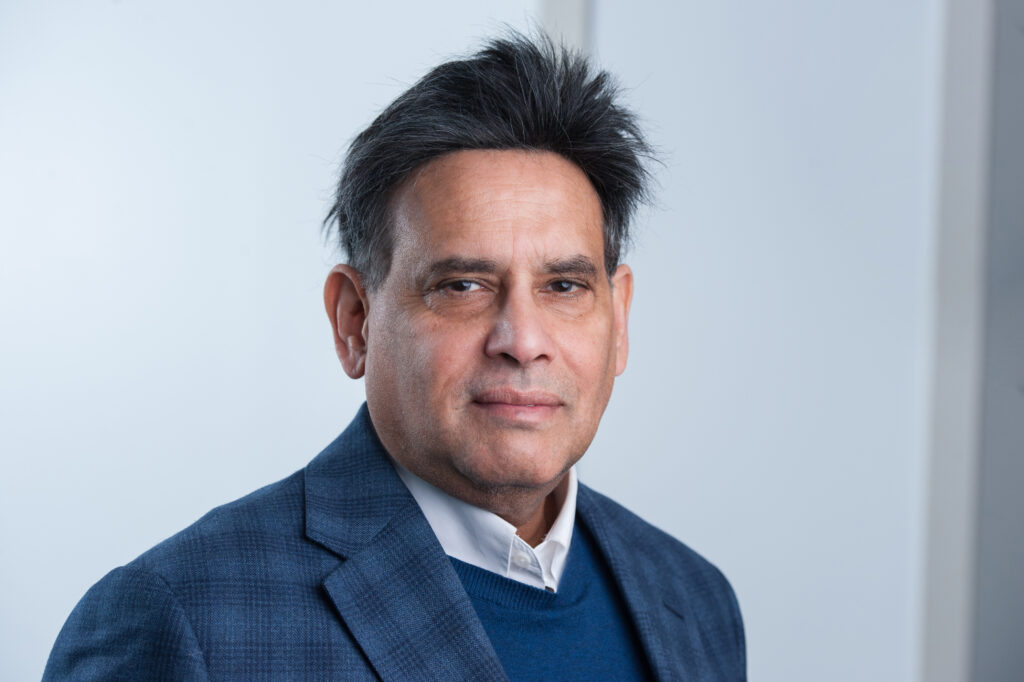
Explore ground-breaking advancements in the treatment of movement disorders in this insightful interview with Prof. K. Ray Chaudhuri, who shares his key takeaways from the 10th Congress of the European Academy of Neurology meeting in Helsinki. He discusses promising new therapies, personalized care approaches, and significant research on the staging of Parkinson's. Additionally, Prof. Chaudhuri emphasizes the importance of holistic treatment, stepped-care strategies, remote management, and the potential of wearable technology in improving patient outcomes, bringing his wealth of knowledge and insights to touchNEUROLOGY

The European Academy of Neurology (EAN) 2024 meeting, held in Helsinki, Finland, provided the many neurologists and allied health professionals in attendance with a high-quality scientific program. This year's theme, "Neuromodulation: Advances and Opportunities in Neurological Diseases," encompassed a wide range of exciting topics. Here are some of our symposium highlights:

Narcolepsy is a chronic clinical condition primarily characterized by excessive daytime sleepiness (EDS). This may be accompanied by cataplexy, which is a phenomenon of transient muscle weakness triggered by strong emotions, such as laughter, excitement, anger or grief. Narcolepsy is ...

Leading sleep medicine experts explore strategies for the optimal management of excessive daytime sleepiness associated with obstructive sleep apnea or narcolepsy.



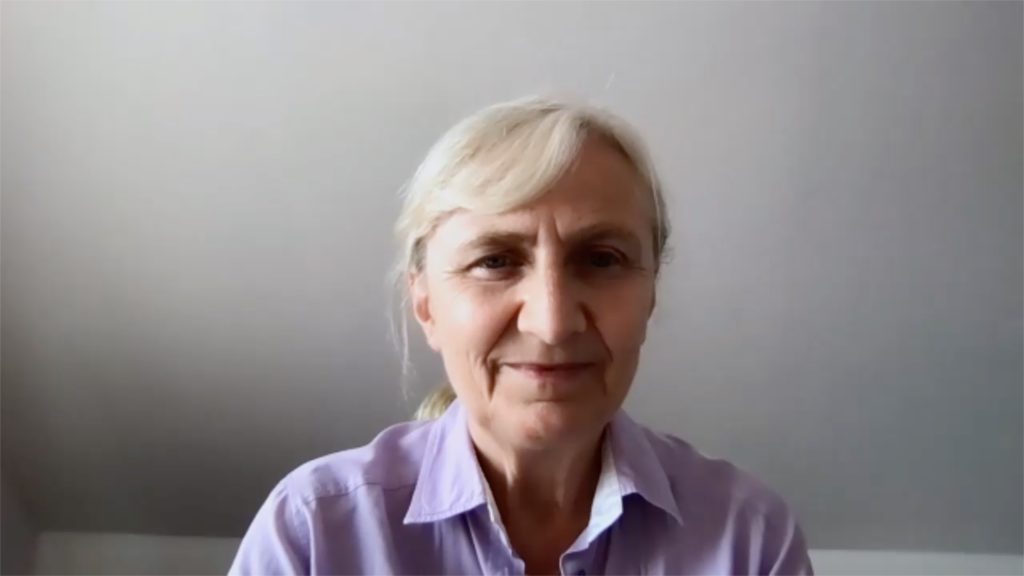
touchNEUROLOGY was joined by Prof. Claudia Trenkwalder (Paracelsus-Elena-Hospital, Kassel Germany, University Medical Center, Goettingen, Germany) to discuss her EAN presentation looking into REM Sleep Behaviour Disorder and the connection with neurodegeneration. The abstract entitled: ‘REM Sleep Behaviour Disorder (RBD): future ...

We were delighted to speak with Dr Ivana Rosenzweig (Sleep and Brain Plasticity Centre, King's College London, London, UK) around her talk on the 'Link between sleep apnoea and dementia: the neuroimaging perspective', which was presented at the virtual 2021 Sleep ...
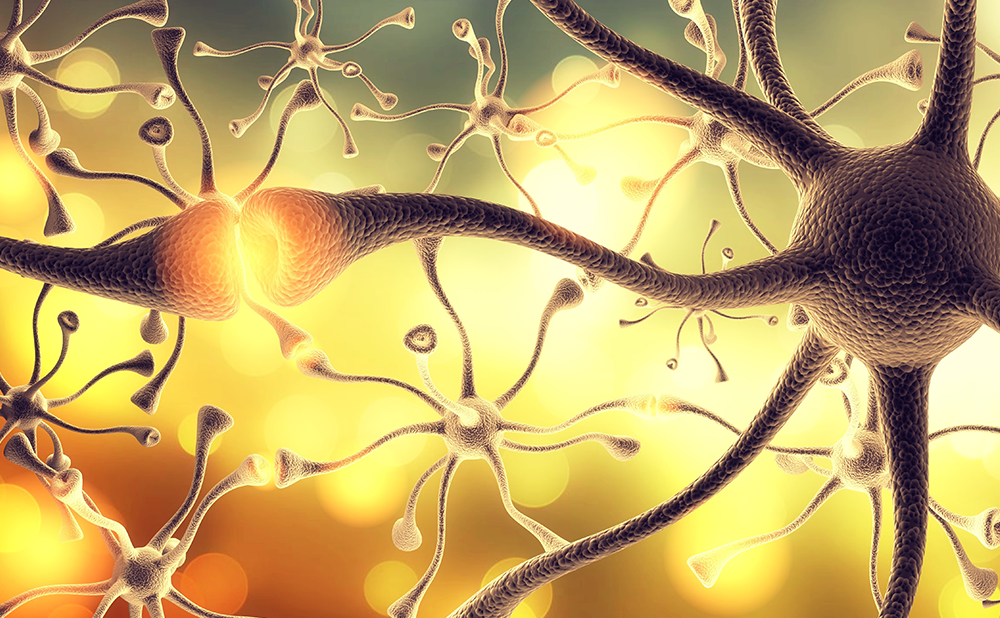
Ambra Stefani was born in Italy, where she performed her medical training at the University of Verona. After that she moved to Innsbruck, Austria, where she is currently working as resident and PhD student in the Department of Neurology, Medical ...
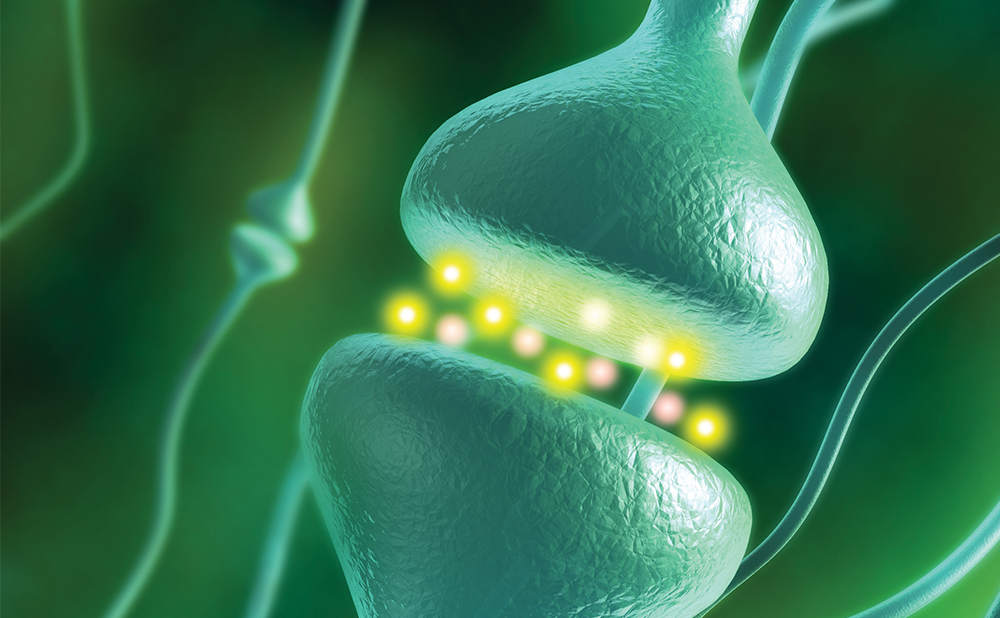
Highlights Neuromuscular diseases exhibit a complex array of respiratory physiologic changes that typically progress over time. These physiologic changes can promote significant respiratory abnormalities during sleep, leading to decreased quality of life, significant daytime symptoms, and overall worse survival. ...
Latest articles videos and clinical updates - straight to your inbox
Log into your Touch Account
Earn and track your CME credits on the go, save articles for later, and follow the latest congress coverage.
Register now for FREE Access
Register for free to hear about the latest expert-led education, peer-reviewed articles, conference highlights, and innovative CME activities.
Sign up with an Email
Or use a Social Account.
This Functionality is for
Members Only
Explore the latest in medical education and stay current in your field. Create a free account to track your learning.


